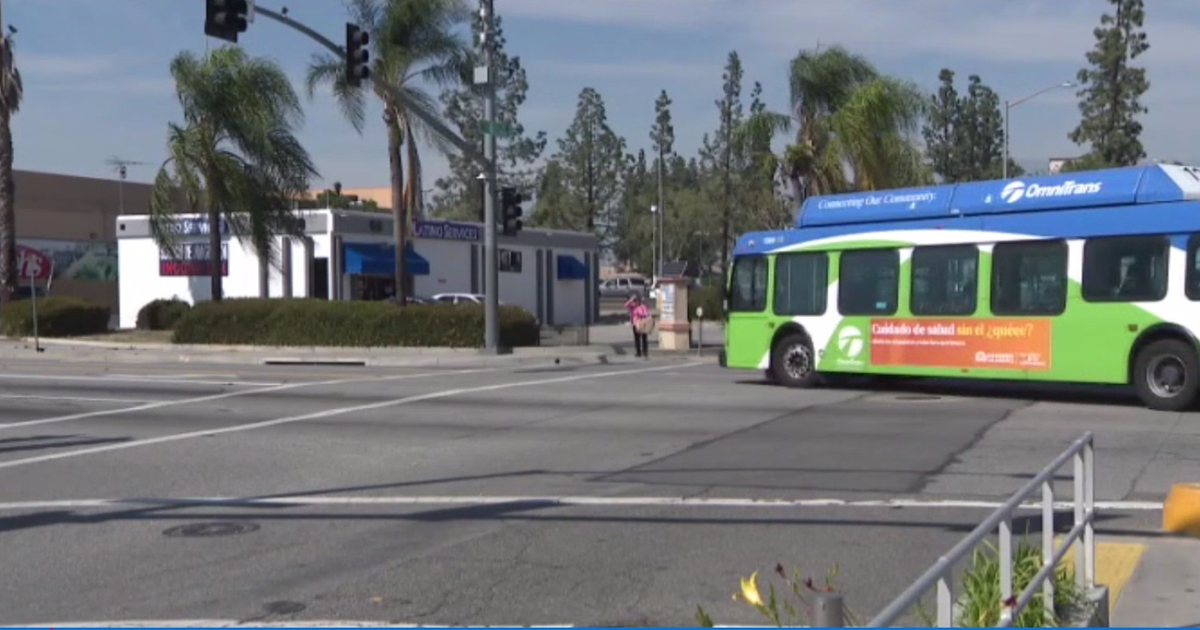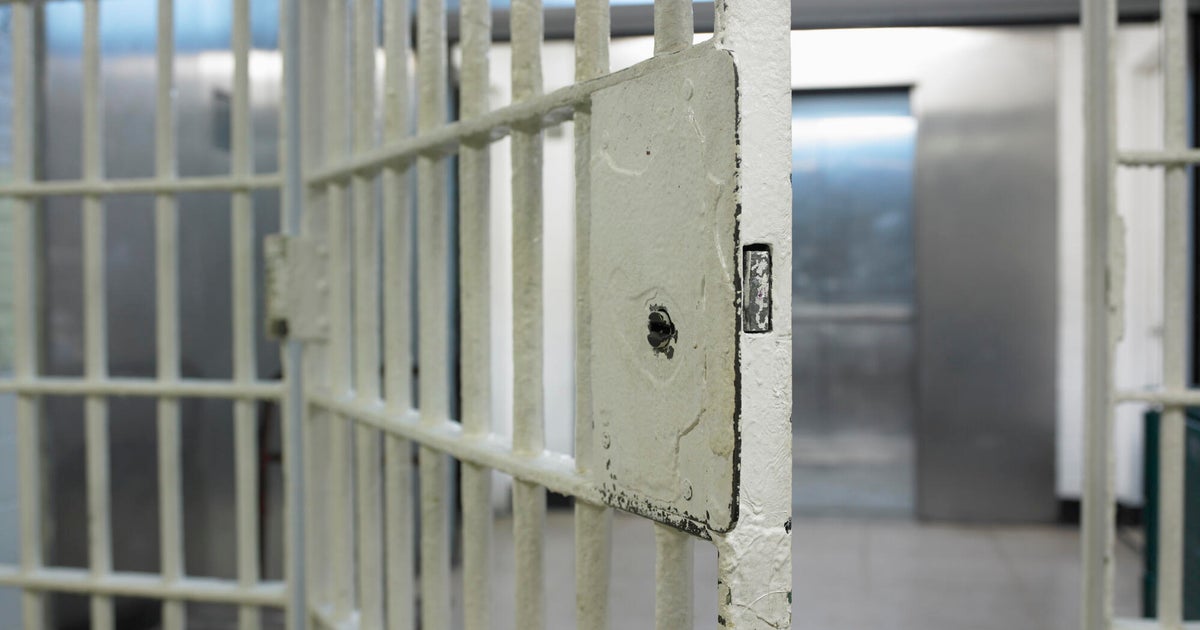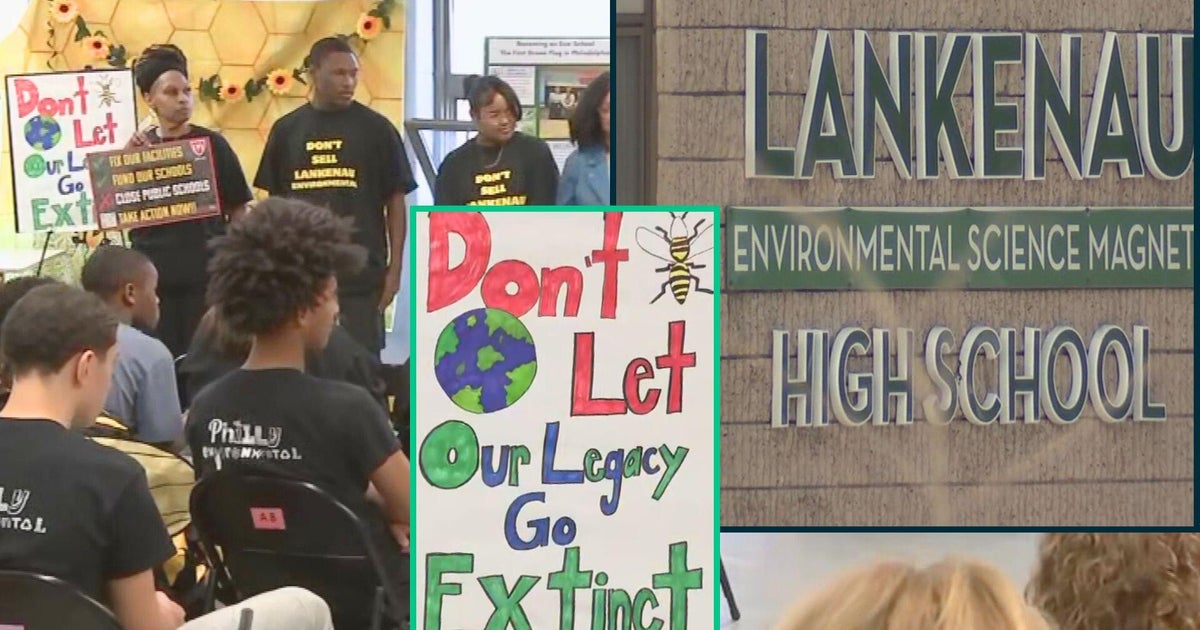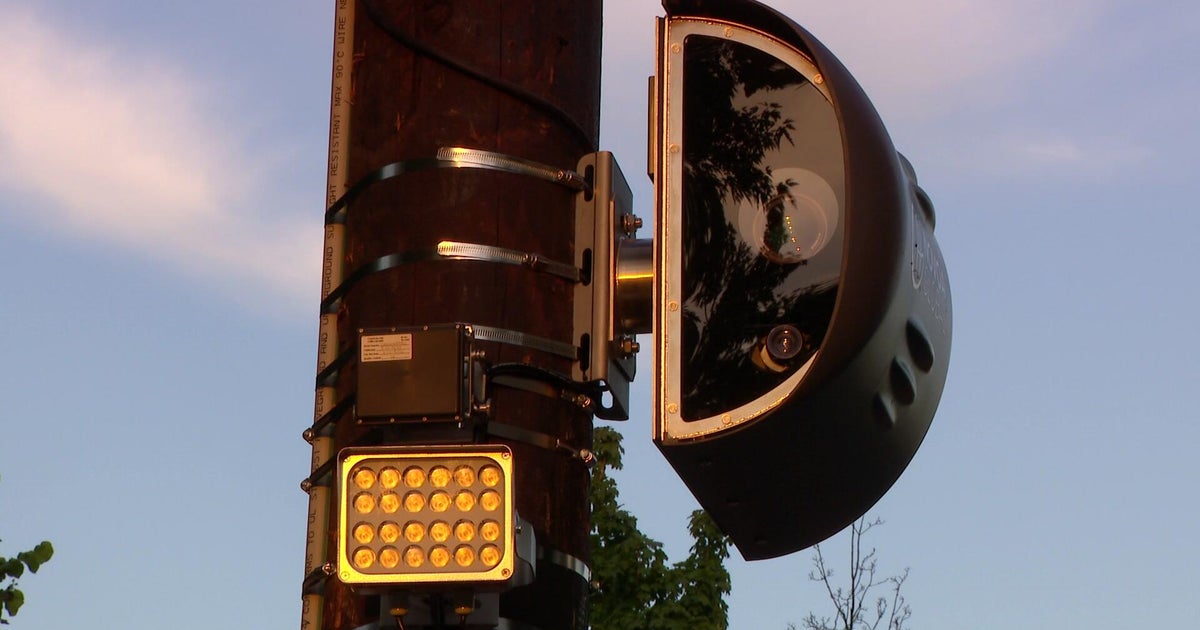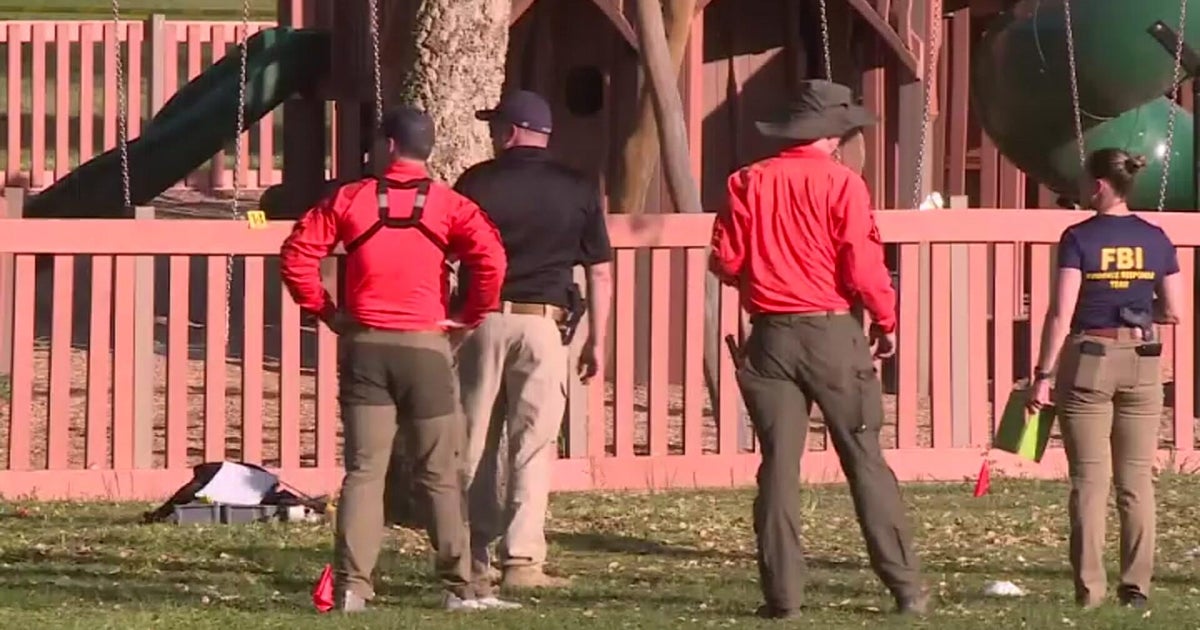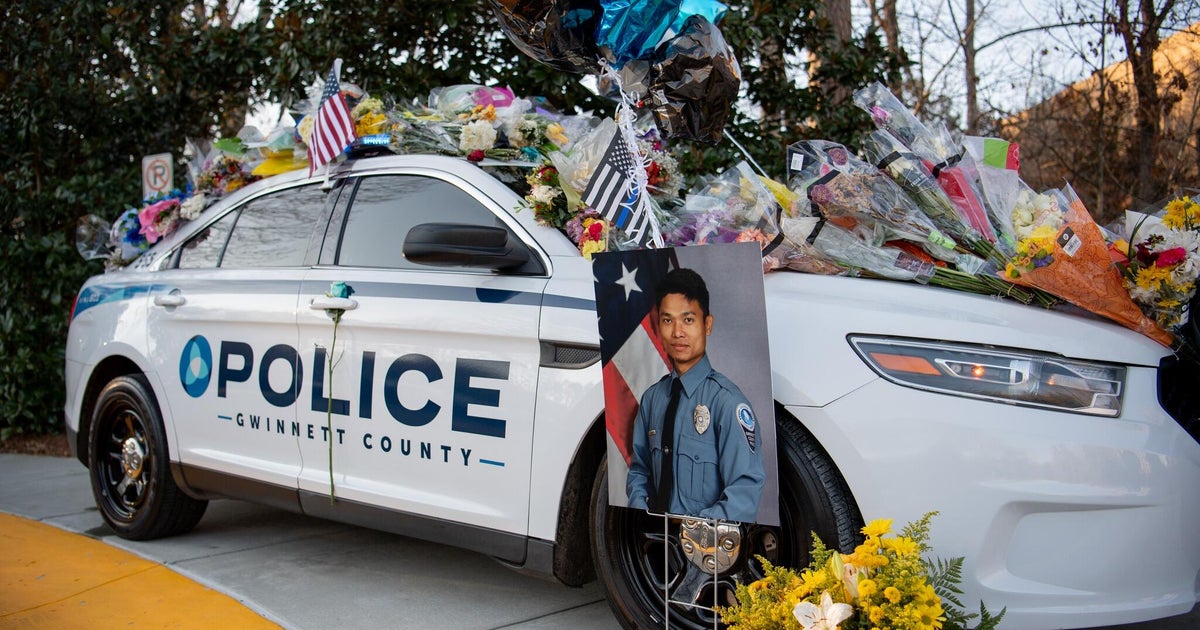Philadelphia Officials Probing Problem Of Human Trafficking Here
By Mike Dunn
PHILADELPHIA (CBS) -- Local law enforcement officials say that unless steps are taken, Philadelphia is poised to become a major hub of human trafficking, in which victims are essentially sold for sexual purposes or other forms of involuntary servitude.
In testimony today before a City Council committee, representatives of the police department, the DA's office, and the Department of Human Services testified that human trafficking is often difficult to identify, with victims who are often poor, vulnerable, and/or underage.
Assistant district attorney Shea Rhodes, who oversees a program to rehabilitate women involved in prostitution, told Council's Public Safety committee of one such victim, a runaway:
"She met a man who promised to take care of her. Instead, he took photos of her and posted them on the Internet, offering her for sexual services. When she refused to comply, he repeatedly raped her. He then began 'selling' her to customers."
And Rhodes said cases like this are "not uncommon. In fact, Philadelphia -- with its international airport, bus and train stations, busy harbor, and intersections with major national highways -- is poised to become a major hub of human trafficking. And that is why preventative efforts, such as this hearing, are so important," she told the councilmembers.
Those preventive efforts, Rhodes said, include better training -- not just of police, but also of first responders such as emergency room workers and teachers, so victims of trafficking can be identified more readily.
Rhodes said the DA's office has seen cases in which several generations of family members have been trafficked.
Also among those also testifying today was Hugh Organ of the shelter Covenant House (right).
"While it may be easy to believe that this does not happen in our city, the truth is, every day in Philadelphia, people -- mostly women -- are being sold on street corners and on the Internet," he said.
Organ agreed that better identification of trafficking victims is needed, but he added that law enforcement and social service agencies also need to see them as victims rather than as criminals.

